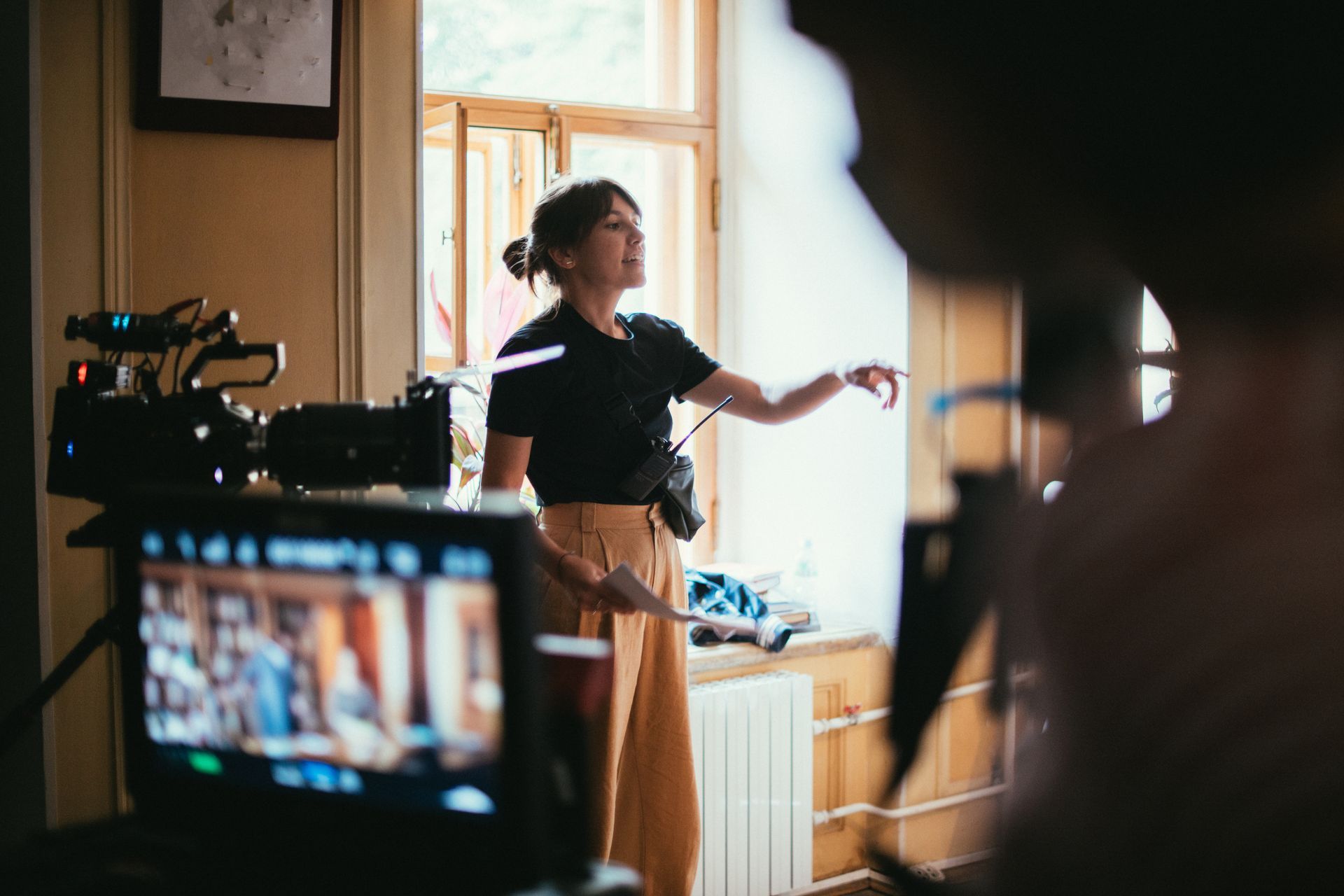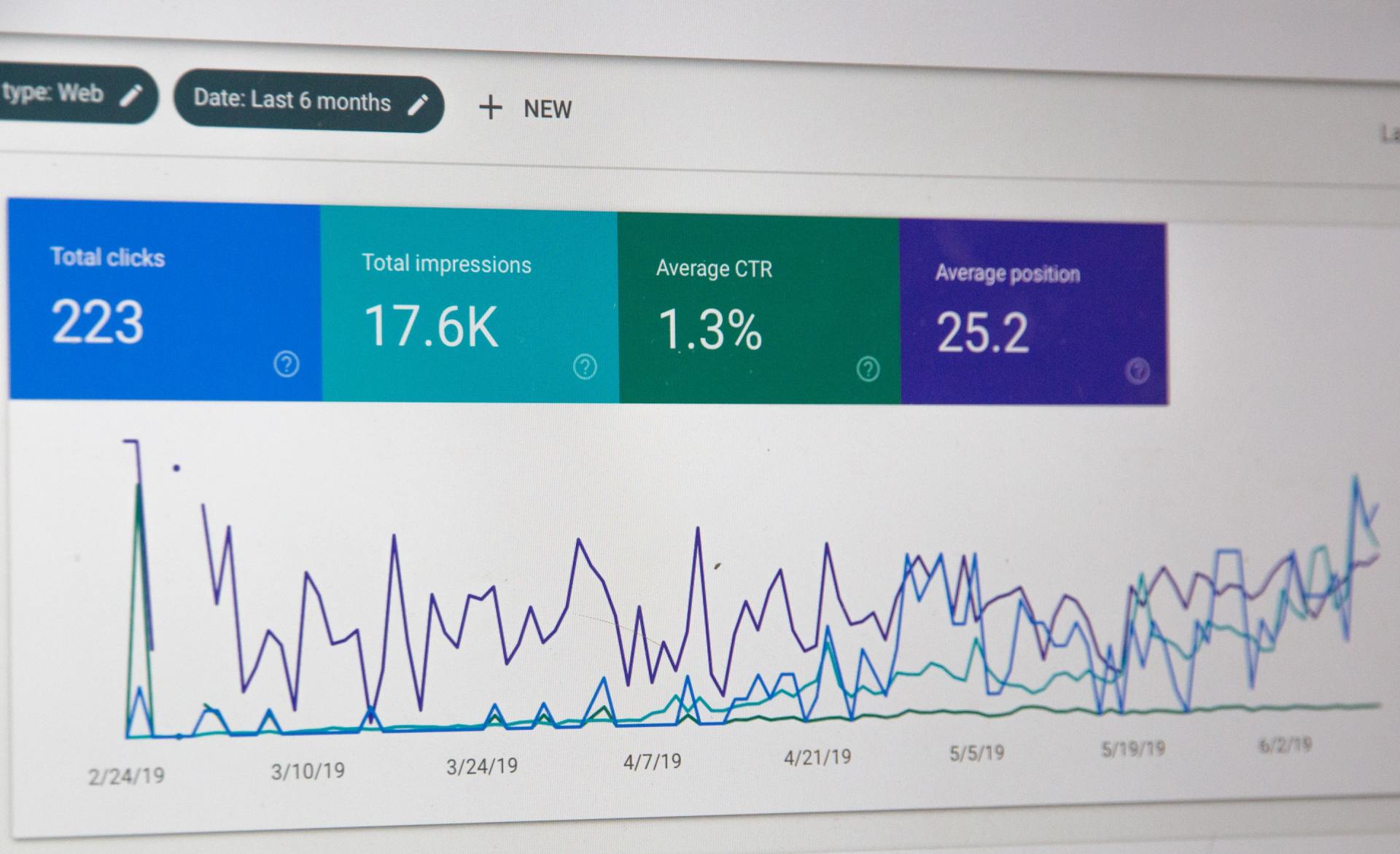
The O1 Visa: A Pathway for Extraordinary Individuals
By
Joseph Provence, a news contributor who writes about technology, small business, and e-commerce.
May 16,2025 3:30 PM MST
The O1 visa represents a unique pathway for individuals possessing extraordinary ability in diverse fields such as sciences, arts, education, business, or athletics to work temporarily in the United States. Understanding the comprehensive o visa requirements is the foundational step for talented professionals across the globe contemplating bringing their skills to the US. This visa category is specifically designed to acknowledge and accommodate exceptional talent, providing a formal avenue for these distinguished individuals to contribute their remarkable skills within the American landscape. It is a testament to their hard earned achievements.
Understanding Extraordinary Ability
What precisely does extraordinary ability entail in this context? The o1 visa criteria meticulously define this as a level of expertise indicating that the individual is part of that small percentage who have ascended to the very pinnacle of their field of endeavor. This remarkable ability must be convincingly demonstrated through sustained national or international acclaim and recognition. The interpretation and application of extraordinary ability can subtly vary depending on the specific field. For instance, in the sciences, education, business, or athletics, it often means a level of expertise that is far above the ordinary. For those in the arts, a showing of distinction, which signifies a high level of achievement evidenced by a degree of skill and recognition substantially above that ordinarily encountered, is the benchmark. The core concept of ability here is about being truly exceptional.
O1 Visa Requirements and Qualifications
To successfully meet the rigorous o1 requirements, an applicant must compile and present substantial, compelling evidence. The specific o 1 visa qualifications mandate thorough documentation that unequivocally demonstrates their sustained extraordinary ability. The most straightforward way to satisfy this is by proving the receipt of a major, internationally recognized award, such as a Nobel Prize, an Olympic medal, a Pulitzer, or an Academy Award. However, recognizing that not all extraordinary individuals have such awards, applicants can alternatively satisfy the o1 visa requirements by submitting evidence that fulfills at least three items from a specific list of evidentiary criteria. These criteria include elements like documentation of the applicant’s membership in associations in the field for which classification is sought, which require outstanding achievements of their members, as judged by recognized national or international experts. Other examples are published material about the applicant in professional or major trade publications or other major media, evidence of the applicant’s original scientific, scholarly, artistic, athletic, or business related contributions of major significance in the field, evidence of the applicant’s authorship of scholarly articles in the field, in professional journals, or other major media, and evidence that the applicant has played a leading or critical role for organizations or establishments that have a distinguished reputation.
The Role of a Sponsor
A pivotal and essential aspect of the O1 visa application journey is the necessity of a Sponsor. An O1 visa petitioner, which can be a United States employer, a United States agent acting as an employer, or even a foreign employer petitioning through a designated United States agent, must file the formal petition with United States Citizenship and Immigration Services (USCIS) on behalf of the exceptionally talented individual. This sponsor undertakes the responsibility for accurately navigating the complexities of the application process and essentially vouches for the legitimacy of the applicant’s intended work, their qualifications, and their extraordinary stature. It is critical to understand that without a qualifying sponsor, an individual cannot apply for this visa category on their own, making the sponsor relationship fundamental.
Navigating the Process
The Processing time for an O1 visa application can fluctuate considerably based on the number of applications at USCIS offices and the completeness of the submitted petition. Standard government processing can take several months to reach a decision. For those requiring a faster outcome, there is typically an option for premium processing. By paying an additional government fee, this service guarantees adjudication of the petition, meaning an approval, denial, or a request for further evidence, within a much shorter timeframe, usually 15 calendar days. Once the visa is granted, the initial Duration of an O1 visa is approved for the time necessary to complete the event or activity, not to exceed three years. This visa status can then be extended in one year increments if the qualifying work, event, or activity continues as attested. There is no theoretical maximum limit to the number of extensions that can be granted, as long as the individual continues to consistently meet the visa’s stringent terms and the need for their services persists.
Frequently Asked Questions (FAQ)
Numerous questions frequently arise regarding the intricacies of the O1 visa. A very common FAQ pertains to the families of O1 visa holders; thankfully, O3 visas are available for the spouse and any unmarried children under the age of 21 of O1 visa beneficiaries, allowing them to accompany the primary visa holder to the US. Another frequent point of inquiry concerns the possibility of changing employers. O1 visa holders are generally able to change employers, but this transition is not automatic and typically requires the new prospective employer to file an entirely new O1 petition on their behalf. It is also crucial for potential applicants to understand the distinction between the O1A visa, which is for individuals with extraordinary ability in the sciences, education, business, or athletics, and the O1B visa, which is for individuals with extraordinary ability in the arts or extraordinary achievement in film or television work. Each has slightly different evidentiary requirements.
Conclusion
Securing an O1 visa is undeniably a significant professional achievement, serving as a clear acknowledgment of an individual’s high level of specialized expertise and broad recognition within their chosen field. Successfully meeting all the demanding o visa requirements, convincingly demonstrating sustained extraordinary ability, and carefully navigating the intricate application process with a committed sponsor are all indispensable elements. While the o1 visa criteria are notably stringent and the evidentiary burden is high, for those individuals who genuinely qualify, this visa offers an invaluable and prestigious opportunity to live and work in the United States, contributing their exceptional talents to the American economy and culture. The journey necessitates meticulous preparation and comprehensive documentation to effectively showcase sustained acclaim, original contributions, and overall achievements that robustly satisfy all the o1 requirements and essential o 1 visa qualifications.




